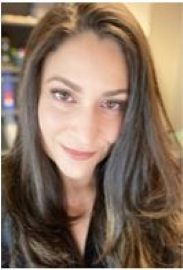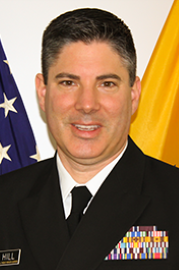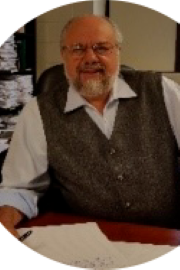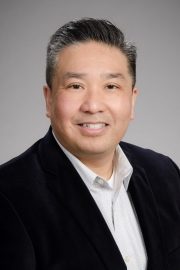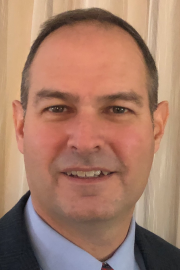Center Director; Distinguished University Professor
Center for Health, Work and Environment
Full Bio
Lee S. Newman, MD, MA, FACOEM, FCCP, Fellow Colleg. Ramazzini, is Distinguished University Professor at the University of Colorado, working in the Department of Environmental and Occupational Health and Department of Epidemiology at the Colorado School of Public Health, and in the Department of Medicine in the School of Medicine. He is founding director of both the Center for Health, Work & Environment, which is one of the 10 NIOSH-supported Total Worker Health Centers of Excellence, and of the Mountain & Plains Education and Research Center, which is one of the 18 NIOSH-supported Education and Research Centers. Under a NIOSH agreement, Dr. Newman has contributed to the analysis of technologies addressing mental health of health workers. Dr. Newman is recognized as both an OSH educator and for his scientific and practical contributions to occupational safety and health, Total Worker Health, small enterprise OSH, immunotoxicology, biomarker development, occupational lung disease prevention and treatment, beryllium health effects, health informatics, medical surveillance, and intervention science, and internationally on the epidemic of chronic kidney disease of unknown cause. He has authored more than 225 scientific papers and over 120 books, chapters, and monographs.


